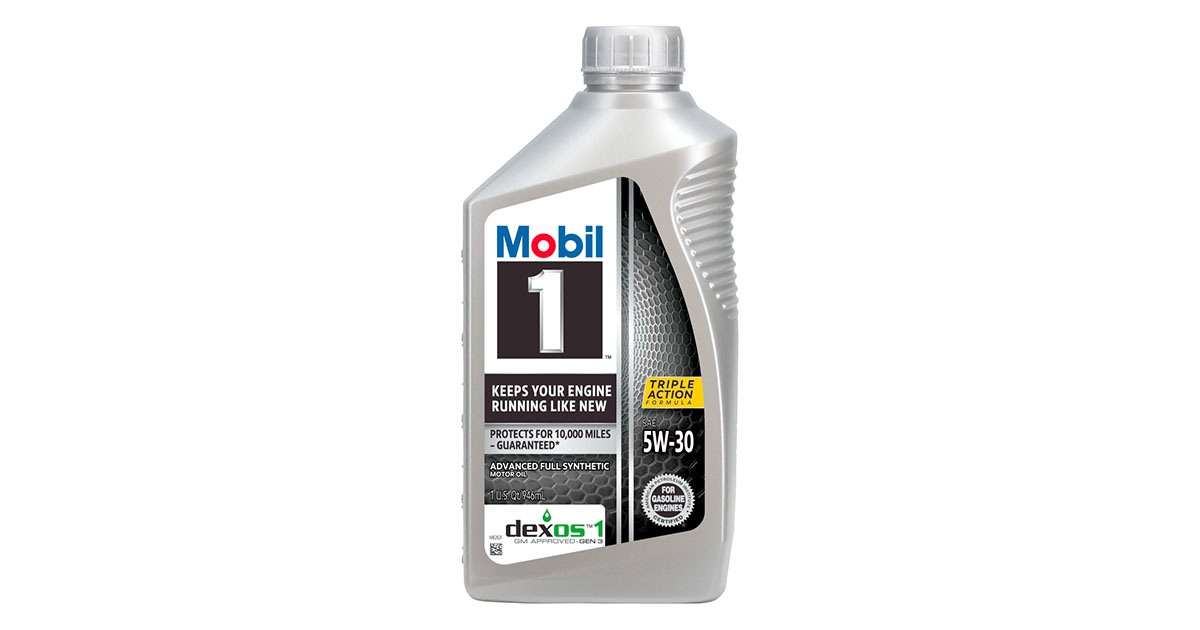Manual states “Use SAE 5W-30 viscosity grade engine oil. Cold Temperature Operation: In an area of extreme cold, where the temperature falls below −29 °C (−20 °F), an SAE 0W-30 oil may be used. An oil of this viscosity grade will provide easier cold starting for the engine at extremely low temperatures.”
I live in Alberta Canada. Where in the winter it does regularly get below -29. But it does fluctuate above that too, so what would you guys recommend to use?
also, it states to use dextos oil? Which I’m kinda confused about. Will Mobil 1 synthetic 5w30 be fine?
I live in Alberta Canada. Where in the winter it does regularly get below -29. But it does fluctuate above that too, so what would you guys recommend to use?
also, it states to use dextos oil? Which I’m kinda confused about. Will Mobil 1 synthetic 5w30 be fine?





